What happens in your head when you smell this perfume that transports you on vacation , in the arms of the love of your life, in a happy memory...?
To answer this, we already explain how your sense of smell works . You'll see, it's quite... surprising.
How does the sense of smell work?
When you smell an odor, it is because an odorous molecule - which has escaped, for example, from a perfume, or from a chocolate bar - has been captured by your nose. When it wanders through your nostrils, the molecule makes some checks on "olfactory eyelashes" - a bit like those on which you put mascara (except that at the moment, when something in the shape of a mascara brush arrives at this level of your nose, it is generally to do a Covid test).
These cilia contain olfactory receptors onto which the odorous molecule is grafted. Small subtlety, each eyelash captures a different type of odorant molecule . Imagine: there is the "smell of freshly cut grass" eyelash, the "smell of your lover's skin" eyelash, the "smell of Nutella" eyelash, etc...

Tastes & colors
Well, if it stopped there, it would be too simple. The funny thing is that we don't all have the same receptors. This is why we all have a more or less different sense of smell - and when smelling the same perfume, everyone will experience different smells and sensations !
Once captured by the receptors, the information is sent to the brain in the form of a chemical message and is received as an “olfactory sensory image”. A bit like a postcard except it’s your olfactory neurons that send it. From the image, the brain analyzes and determines the smell, with a message like: "roasted hazelnut + milk chocolate + sugar = hmmm no doubt, it's Nutella. So go get a spoon!" .
Smells and emotions: a very strong link
Olfaction is a very particular sense . In general, the information captured by our senses (sight, touch, etc.) is first processed in a small part of our brain called the thalamus: it sorts the information and determines preferences (I like / I do not like). Except that smells have a slightly different route ... they go directly to two other areas of our brain: the amygdala and the hippocampus. These areas are precisely dedicated to emotions and memories!

When you smell an odor, it is estimated that your brain can associate one of the following six emotions with it: well-being, sensuality, disgust, comfort, vitality and nostalgia. They can be extremely powerful. For example, when you smell burning, you feel disgust. This means that your brain has registered the fact that this smell may be dangerous for you and is asking you to move away (or rather, take a cooking class before all the pots are ruined). Conversely, a smell can evoke a tender memory and give you confidence. This is the case with sweet smells which often remind us of our childhood ...
Emotions remain a real mystery and science does not yet know everything about their links with smells. Much research is still underway, so we'll see you in a few years for the rest of the explanations!
And you, what smell makes you dream, smile, travel ?
----------
Photo Credit: Unknown | Jules Théret








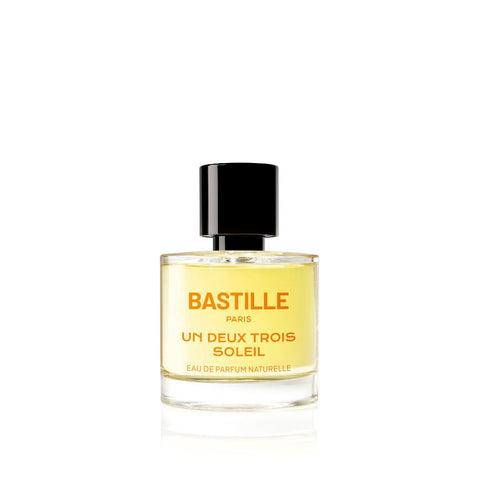
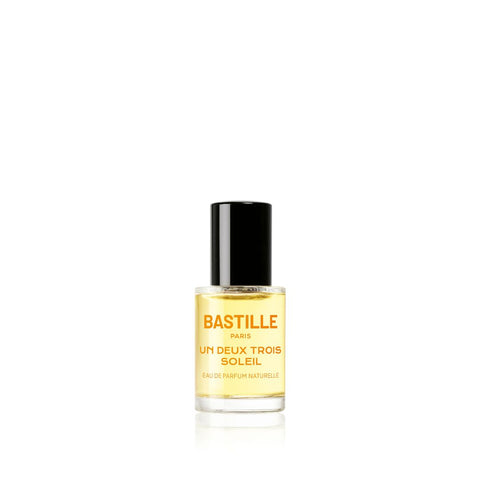


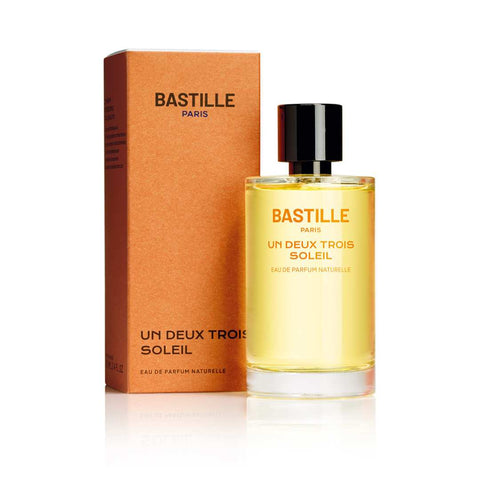
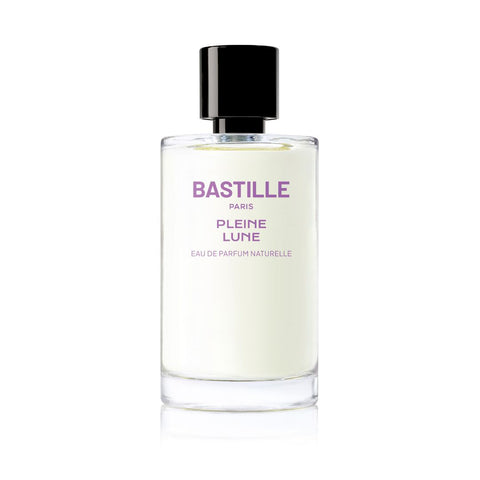
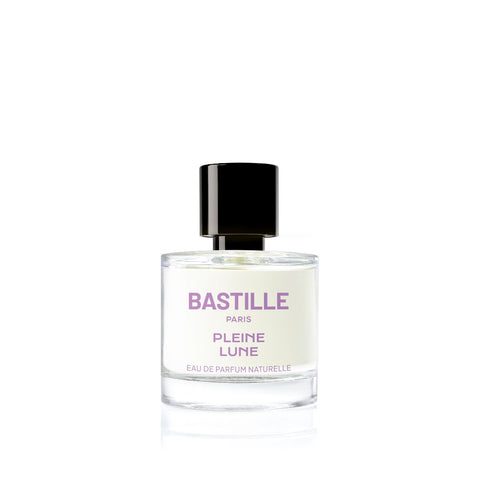
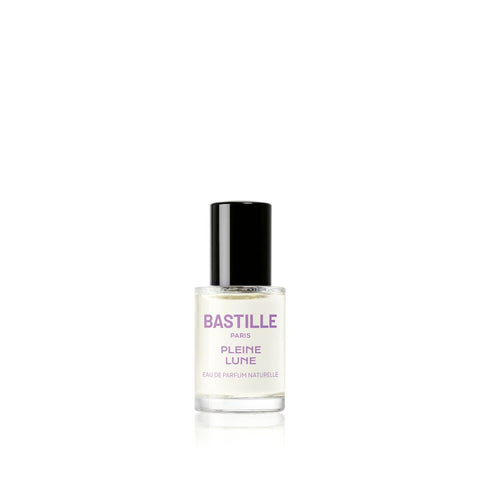



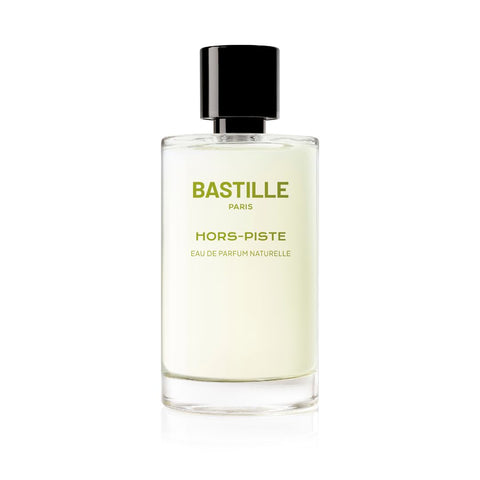
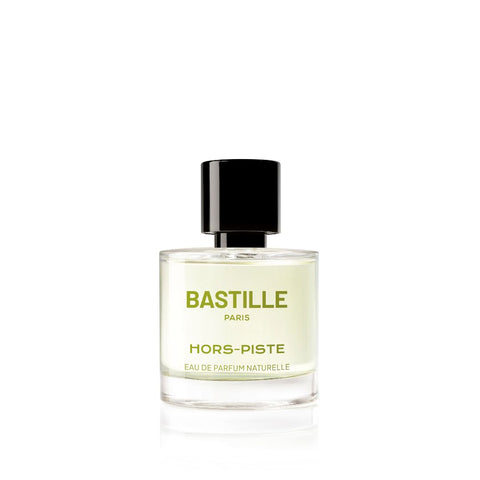
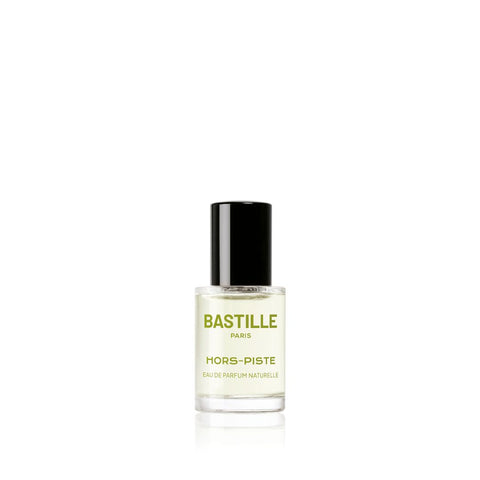
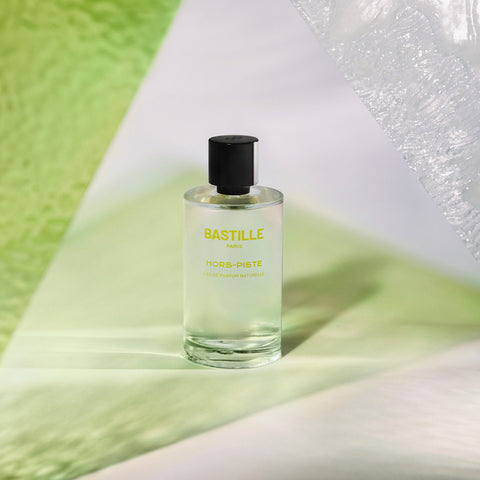



Comments (0)
There are no comments for this article. Be the first one to leave a message!